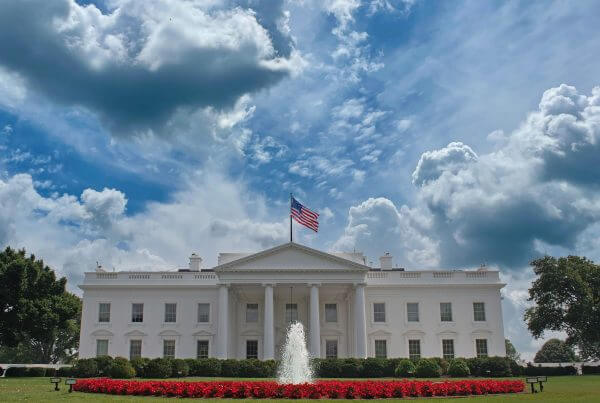Key Points
- The Department of Education no longer recognizes the Accrediting Council for Independent Colleges and Schools (ACICS) as an accrediting agency
- The Department’s decision took effect on August 19, 2022
- USCIS has announced a potential impact on English language study programs and applications for the 24-month STEM OPT extensions as the result of this change
- Students in the affected programs who receive an RFE must respond to USCIS’s request for a new Form I-20
- The loss of ACICS recognition may also impact some H-1B and I-140 beneficiaries
Overview
US Citizenship and Immigration Services (USCIS) announced that effective August 19, 2022, the US Department of Education (DOE) would no longer recognize the Accrediting Council for Independent Colleges and Schools (ACICS) as an accrediting agency which may have an impact on specific immigration-related programs.
The Department’s decision immediately impacts the following programs:
- English language study programs
- F-1 students applying for a 24-month STEM OPT extension
English language study programs are affected because they must be accredited through the Accreditation of English Language Training Programs Act.
All F-1 students who are applying for a 24-month science, technology, engineering, and mathematics (STEM) optional practical training (OPT) extension must have a degree from an accredited Student and Exchange Visitor Program (SEVP) certified school for their STEM OPT extension. The school must be accredited at the time that the student applies for the extension. The accreditation date is the date of the designated school official’s (DSO’s) recommendation noted on Form I-20, Certificate of Eligibility for Nonimmigrant Student Status.
M-1 students are not affected by the announcement, as they are not eligible for OPT.
What Should Applicants Know?
If a school’s certification is withdrawn, SEVP will notify affected students in writing. ACICS-accredited schools can no longer issue program extensions. Students enrolled at an ACICS school can only finish their current academic session if the school withdraws its certification or the certification is removed by SEVP.
Along with the general information above, USCIS has further guidance for the two specific programs.
English Language Study Programs
USCIS will issue a request for evidence (RFE) to any applicant who filed Form I-539, Application to Extend/Change Nonimmigrant Status, on or after August 19, 2022, requesting to either change their status or become reinstated to attend an ACICS-accredited English language study program. Applicants who receive an RFE can provide evidence in response, such as providing documentation that the program they want to enroll in meets accreditation requirements. Applicants must submit a new Form I-20 from a school accredited by an entity recognized by the Department of Education. If they don’t respond, USCIS will deny their reinstatement or change of status request.
STEM OPT Extension Program
Students who wish to participate in the STEM OPT extension program must have earned their degree from an educational institution that the Department of Education recognized when they filed their STEM OPT application. USCIS considers the filing date to be the date of the DSO’s recommendation on Form I-20.
USCIS may deny an F-1 Form I-765 STEM OPT extension if the original STEM degree that the extension is being filed for was obtained from a college or university accredited by ACICS and the DSO’s recommendation for a STEM OPT extension (as noted on Form I-20) is dated on or after August 19, 2022.
Students who receive a denial will have 60 days to prepare for departure from the United States, transfer to a different school, or begin a new course of study at an accredited, SEVP-certified school.
Students whose Forms I-20 have a DSO recommendation date earlier than August 19, 2022, are unaffected.
Additional Impacts
Along with the two student programs above, the Department of Education’s decision to no longer recognize ACICS as an accrediting agency means that degrees obtained by an ACICS-accredited institution on or after August 19, 2022, will not qualify as a US degree for the purposes of qualifying for the H-1B cap or ACWIA fee exemption as an institution of higher education, the H-1B cap advanced degree exemption (also known as the master’s cap) or for H-1B beneficiary requirements. For beneficiaries who hold affected degrees, the loss of recognition also affects those I-140 petitions filed under the advanced degree and professional classifications. The beneficiary’s educational credentials must be a US degree or a foreign equivalent degree.
However, a degree conferred by those colleges and universities before August 19, 2022, while the college or university was accredited, is generally considered to be a degree from an accredited institution and can be used to qualify for the H-1B cap or ACWIA fee exemption, the H-1B master’s cap, or for the H-1B beneficiary requirements, or as an I-140 petition qualified under the advanced degree and professional classification, as long as all other conditions are met.
Written by: Lucy Halse, Content Marketing Associate, Envoy Global
Edited by: Dmitri Pikman, Supervising Attorney, Corporate Immigration Partners
Source: US Department of Education





